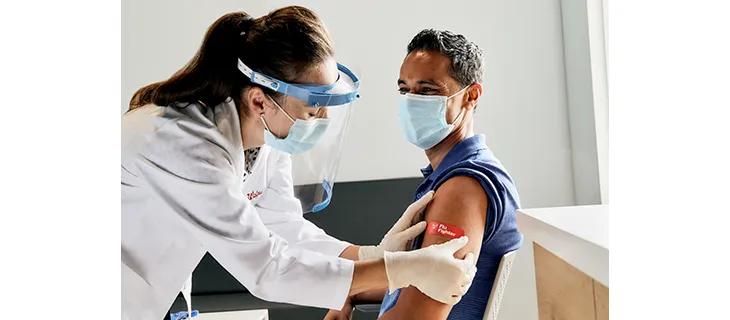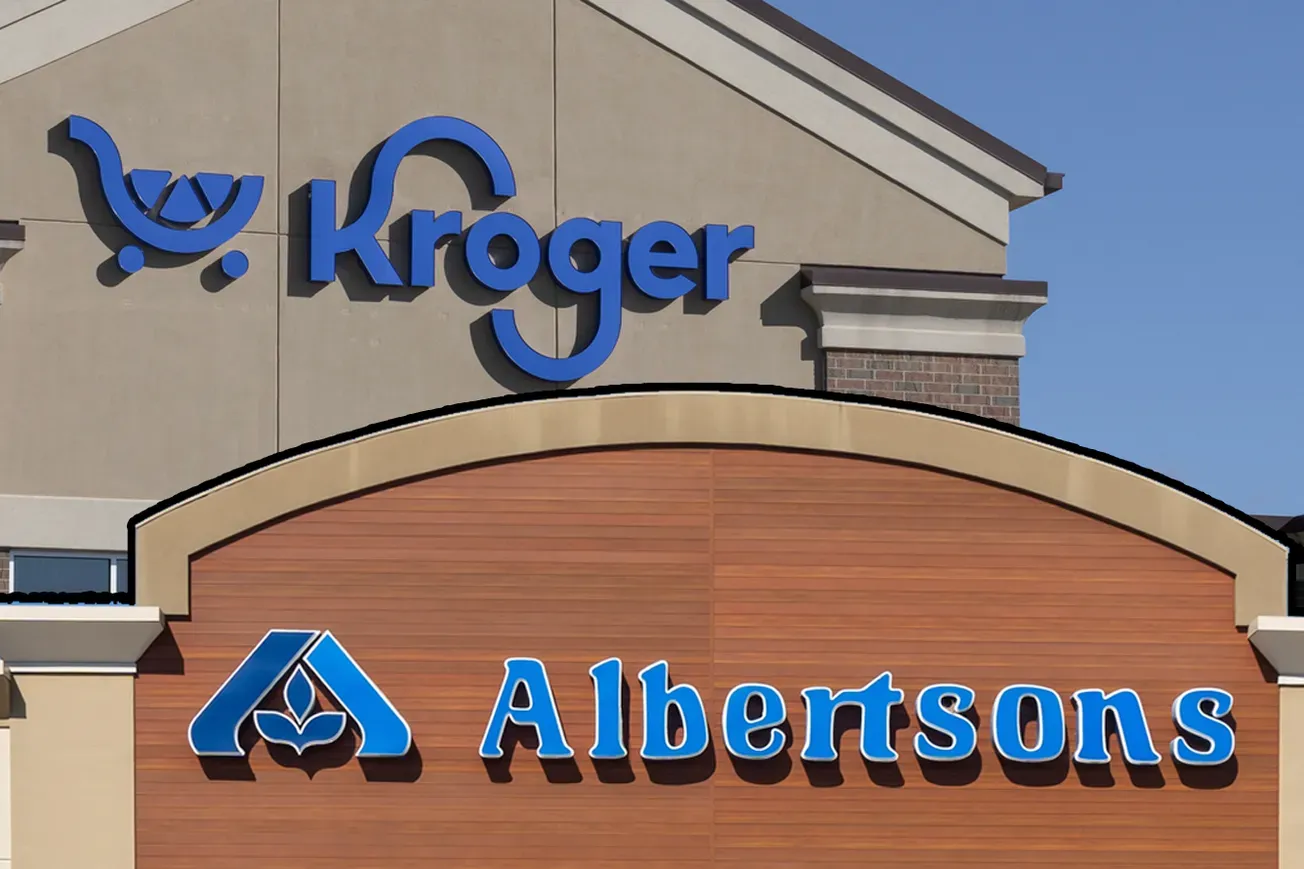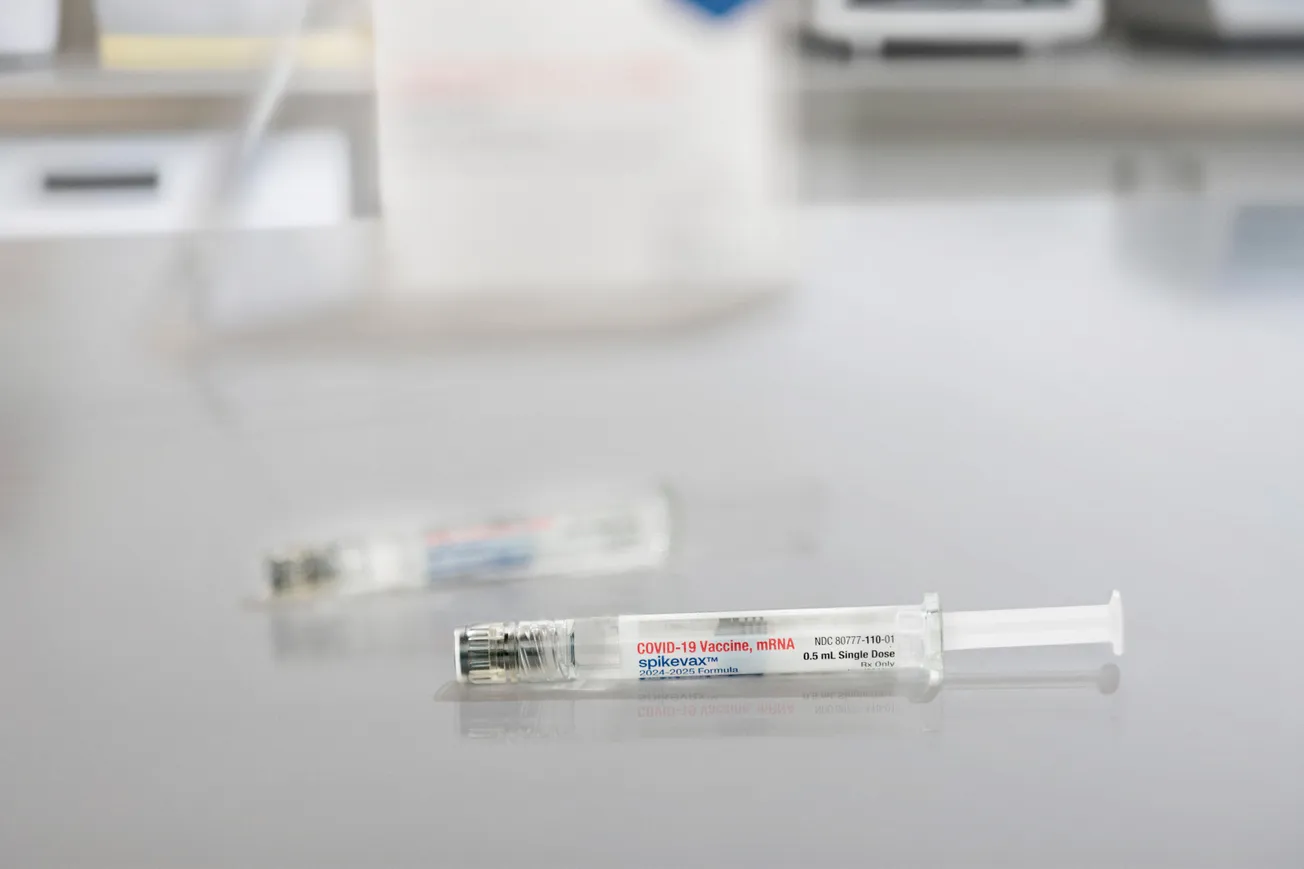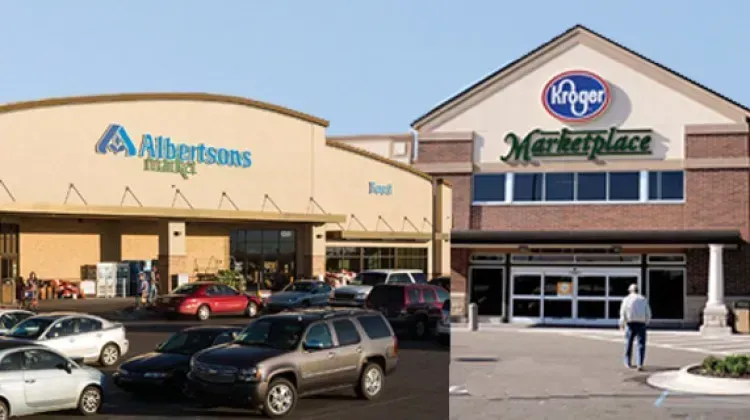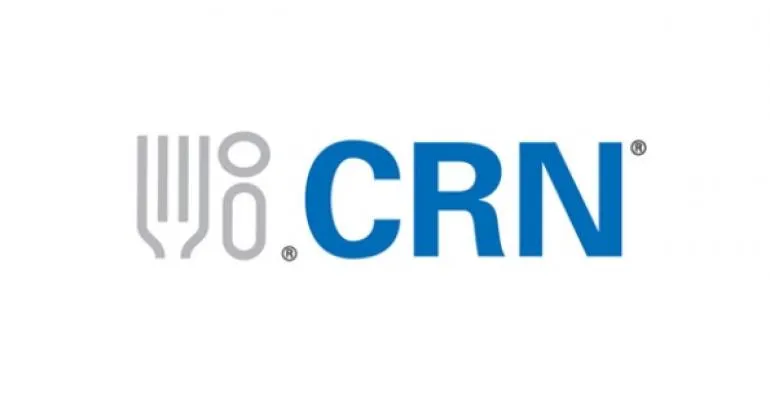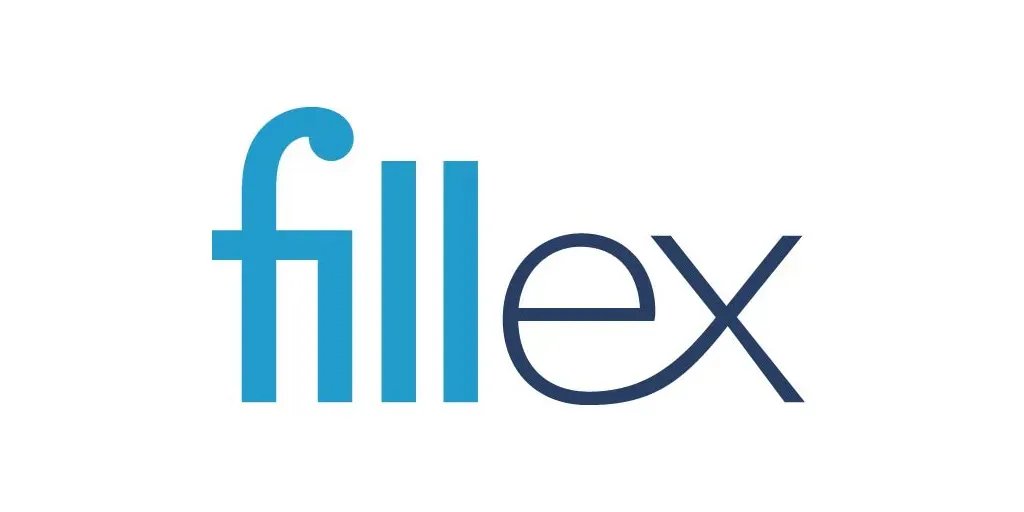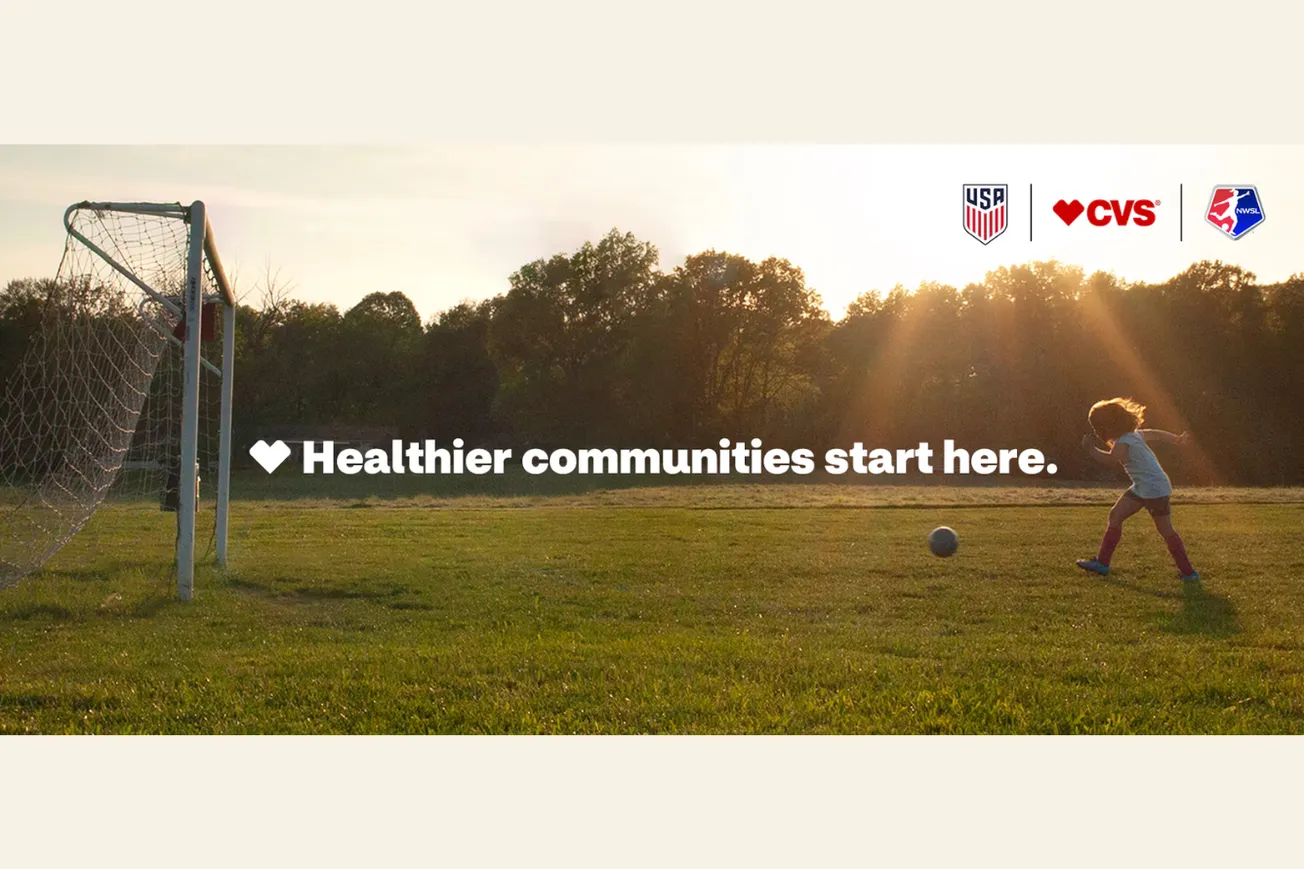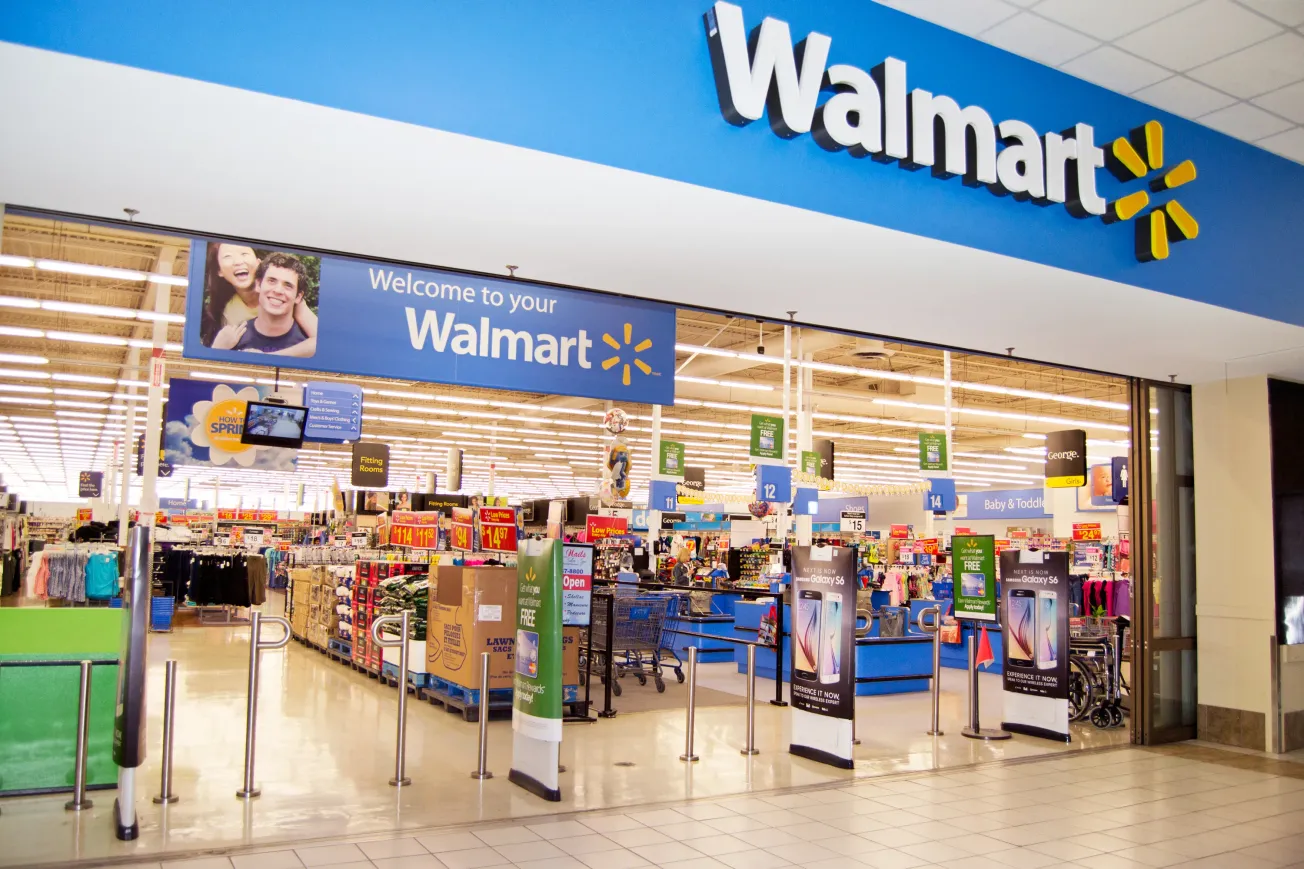PALM BEACH, Fla. — Anyone who has lingering doubts about the centrality of retail pharmacy’s contribution to ending the COVID pandemic should consider the view of Dr. Anthony Fauci, the federal government’s point man in responding to the emergency. Speaking at the National Association of Chain Drug Stores’ Annual Meeting here last month, the former director of the National Institute of Allergy and Infectious Diseases talked about how the experience of the last three and a quarter years changed his perceptions of pharmacy.
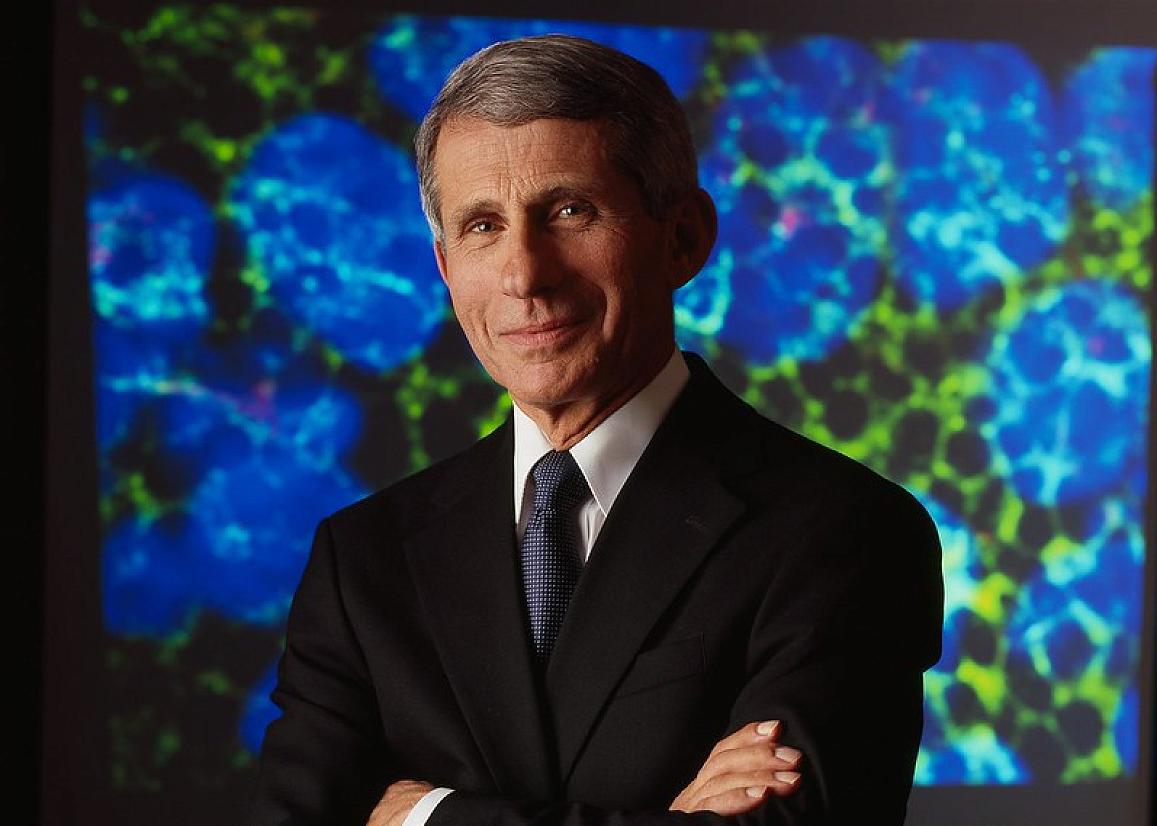
Dr. Anthony Fauci
“What COVID did was really shine a very bright light on the interdependence of the field of classic medicine and the field of pharmacy, and the strong dependence we had on pharmacy to essentially implement things in a big, big crisis,” said Fauci, who was trained in internal medicine before accepting a fellowship in infections diseases and clinical immunology. “So maybe a silver lining of COVID is to get people to wake up to the potential for pharmacies. … [which are] a really important part of the comprehensive health care apparatus of the country.”
Made during an exchange with outgoing NACDS chairman Brian Nightengale of Good Neighbor Pharmacy, those comments followed formal remarks in which Fauci elaborated on community pharmacy’s untapped potential. After recalling his early experience working at his father’s drug store in Brooklyn — which he characterized as the “major all-purpose health hub” for people in Bensonhurst, with his father often serving families as “pro bono physician [and] psychiatrist” — Fauci drew parallels with the functions currently performed by chain pharmacies.
“Now one lesson that particularly relates to our discussion today is the concept of leveraging already existing infrastructure and assets for the rapid and effective response to an outbreak,” he said. “This clearly applies to the positive pivotal role in the already established chain drug stores, which will unquestionably play a major role in the nation’s response to the inevitable next pandemic, in addition to the plethora of services that they provide on a regular basis to the health of our nation.”
After acknowledging NACDS’ 90th anniversary, Fauci said it was no surprise that the association’s members were “ready and perched to respond to an iconic outbreak,” observing “that chain drug stores in 2020 through 2023 resembled, in an uncanny way, the comprehensive one-stop shopping for personal and family health that my father provided to our neighborhood.”
Fauci went on to lend his voice to the growing ranks of those who want to buttress the nation’s health care system by maximizing the impact of pharmacy — an imperative, as Nightengale subsequently noted, made all the more urgent by the widespread shortage of primary care doctors.
“It is certainly not only about pandemics,” Fauci said. “You’ve shown what you can do under the most trying of circumstances. Your contributions to the normal, everyday, sometimes seemingly mundane elements of keeping healthy and preventing and treating illnesses in many respects are equally important.
“I certainly hope that the authority for pharmacists to provide essential public health services is maintained. And that patients can continue to receive timely and consistent care from pharmacies to protect against a number of diseases well beyond COVID. And I’m sure that during this annual meeting you’ll be in intense discussions of how to push the envelope even further and expand your positive influence on the health of our communities.”
NACDS and its members took up the challenge, working to resolve pressing short-term issues and help shape the industry’s long-term trajectory. One of their top priorities remains securing fair remuneration, including reform of the pharmacy benefits management business.
“This issue has reached a critical stage — and we have strong bipartisan interest to fix it,” NACDS president and chief executive officer Steve Anderson asserted. “NACDS is committed to our Principles of PBM Reform — to stop forcing patients to pay more for their medications; to stop restricting access to medications prescribed by their doctors; to stop steering patients away from their pharmacies of choice; and to stop threatening pharmacies and pharmacy teams.”
In his remarks, Nightengale touched on another of the association’s top policy priorities: “We will advocate strongly for the passage in the U.S. Congress of H.R. 1770, the Equitable Community Access to Pharmacist Services Act. Tnis bill would establish a reimbursement pathway for pharmacists’ services within Medicare. With state laws making more services available to Medicaid beneficiaries, it only makes sense for our seniors on Medicare to be able to benefit from this as well.”
If such battles can be won, retail pharmacy is poised to become the “provider of choice,” according to Mike Wysong, CEO of CARE Pharmacies and NACDS’ new chairman. The industry must seize the opportunity, he said, by building on the track record that Fauci highlighted; responding to pressing societal needs, including chronic disease and diet-related illness; demonstrating pharmacy’s effectiveness through research; and harnessing the power of health data and emerging technologies.
“When we do that, we will have unprecedented acceleration in better value-based care, patient outcomes, and a significant increase in health care savings,” Wysong noted. “We are clearly entering an important time for interdisciplinary care, for food as medicine, for behavioral and mental health, for point-of-care testing, for screenings, and for immunizations …
“Big things are on the horizon, and nobody is better positioned to meaningfully address these issues than you. We must stay focused, we must stay engaged, and we must stick together.”

